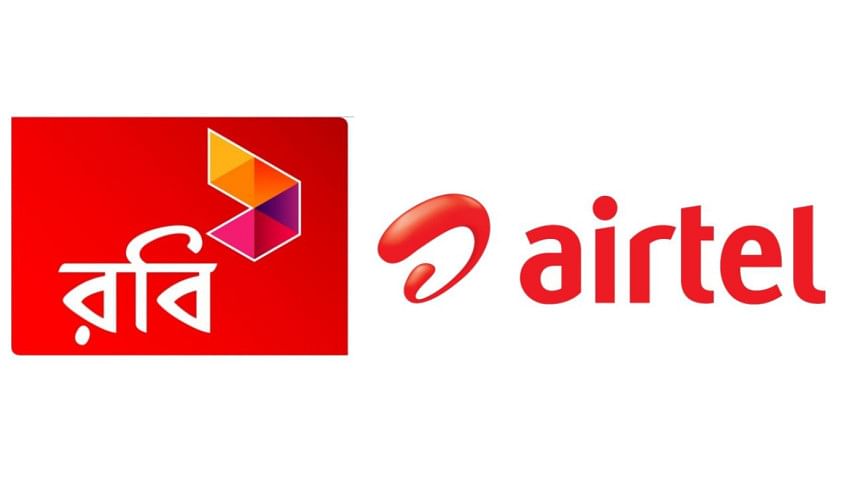Robi, Airtel merger worries top operators

Grameenphone has recently sought clarification from the telecom regulator on whether the operator will be allowed to take part in the spectrum auction for 1,800 band after the merger of Robi and Airtel.
Grameenphone with 22 MHz in the 2G band was barred from participating in the auction, as the initial guideline for the 1,800 MHz band does not allow any operator with over 20 MHz to take part in the auction. But the new entity after the merger will hold 29.8 MHz in the 2G band.
So Grameenphone, the largest mobile operator in the country, asked Bangladesh Telecommunication Regulatory Commission (BTRC) whether any changes will be brought to the guideline.
"Under the new circumstances, can we assume that the government will no longer consider a cap on the 2G spectrum (900+1,800), and Grameenphone would be allowed to participate in the 1,800 MHz auction without any restriction?" according to a letter signed by Grameenphone CEO Rajeev Sethi.
Another mobile operator also raised concern on whether it is necessary to organise the auction for the 2G band as the major portion of the 1,800 MHz bandwidth will go to the hands of Robi and GP after the merger.
Industry insiders said 1,800 MHz is the operators' favourite band for launching LTE/4G, as it is a faster data transfer technology than 3G.
In the second week of September, the country's third and fourth largest operators—Robi and Airtel—announced to merge their Bangladesh operations.
In a joint letter to the BTRC, the two companies said matching the dominance of Grameenphone is the main reason for the merger. The regulator, in principle, approved the merger bid but asked for a number of documents from the two, including schemes of spectrum merger and human resource management after the unification.
Grameenphone currently has 5.5 crore subscribers with 32 MHz of spectrum in the 1,800, 2,100 and 900 bands.
The joint entity of Robi and Airtel will have 3.76 crore subscribers while the combined spectrum of the two companies will be 39.8 MHz in the three bands.
Every one million subscribers of Grameenphone will have 0.6 MHz spectrum, while it will be 1.1 MHz for the merged entity and 0.6 MHz for Banglalink, according to the letter sent by Grameenphone.
SCOPE FOR VOLUNTARY RETIREMENT
On October 13, the BTRC sent a letter to Airtel and Robi highlighting issues related to the merger.
But the regulator in the letter did not mention anything about voluntary retirement scheme (VRS), which would allow the employees of the two companies to go for retirement willingly. The absence of the VRS issue in the letter worried the employees of Airtel, who fear job losses because of the merger.
"Many Airtel employees do not want to work for Robi. We want the VRS to be introduced," a senior executive of Airtel said, requesting anonymity.
Another executive said: "We want the retirement scheme so that anybody can quit before the merger."

 For all latest news, follow The Daily Star's Google News channel.
For all latest news, follow The Daily Star's Google News channel. 



Comments